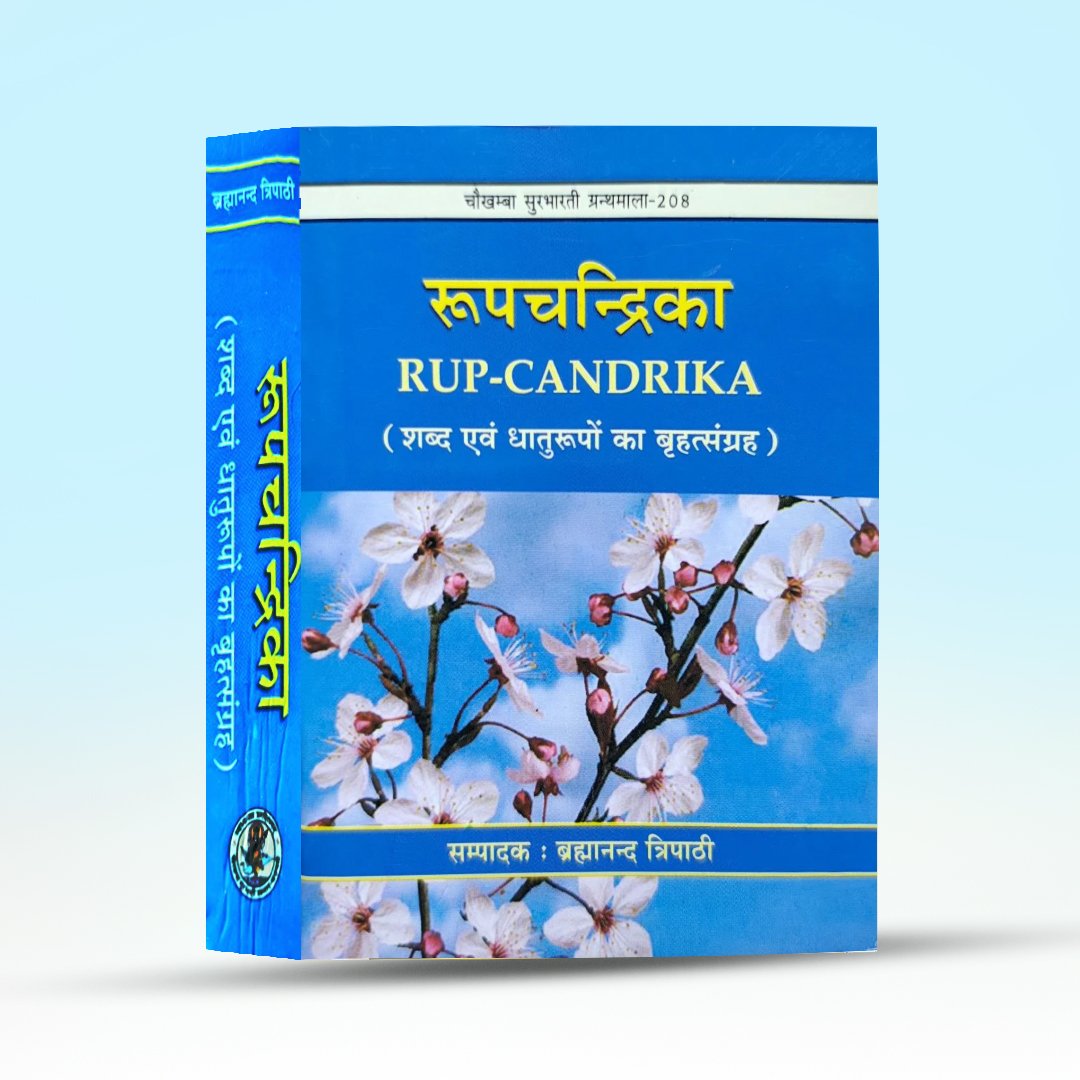History of Sanskrit Literature - Sanskrit Sahityer Itihas [Swadesh]
Sanskrit Sahityer Itihas With Vaidik Knowledge
Rs. 288.00
Rs. 360.00
20% Off
The book "Sanskrit Sahityer Itihas" provides an insightful exploration of the extensive heritage of ancient Sanskrit literature. It encompasses a diverse array of texts, including Vedic literature, medical writings, treaties, legal texts, and works on Nyaya (the philosophy of logic and reasoning). This comprehensive examination highlights the significance and variety of historical literary contributions in Sanskrit.
Not in stock
-
Binding Type :
Paperback
-
Published Date :
2022
-
Pages:
344
-
Weight:
310 (gms)
-
Language:
Bengali
-
Publishers:
-
Author:
-
Tags:
Share it on:

100% Secure
Payment

All India
Delivery

100% Genuine
Product


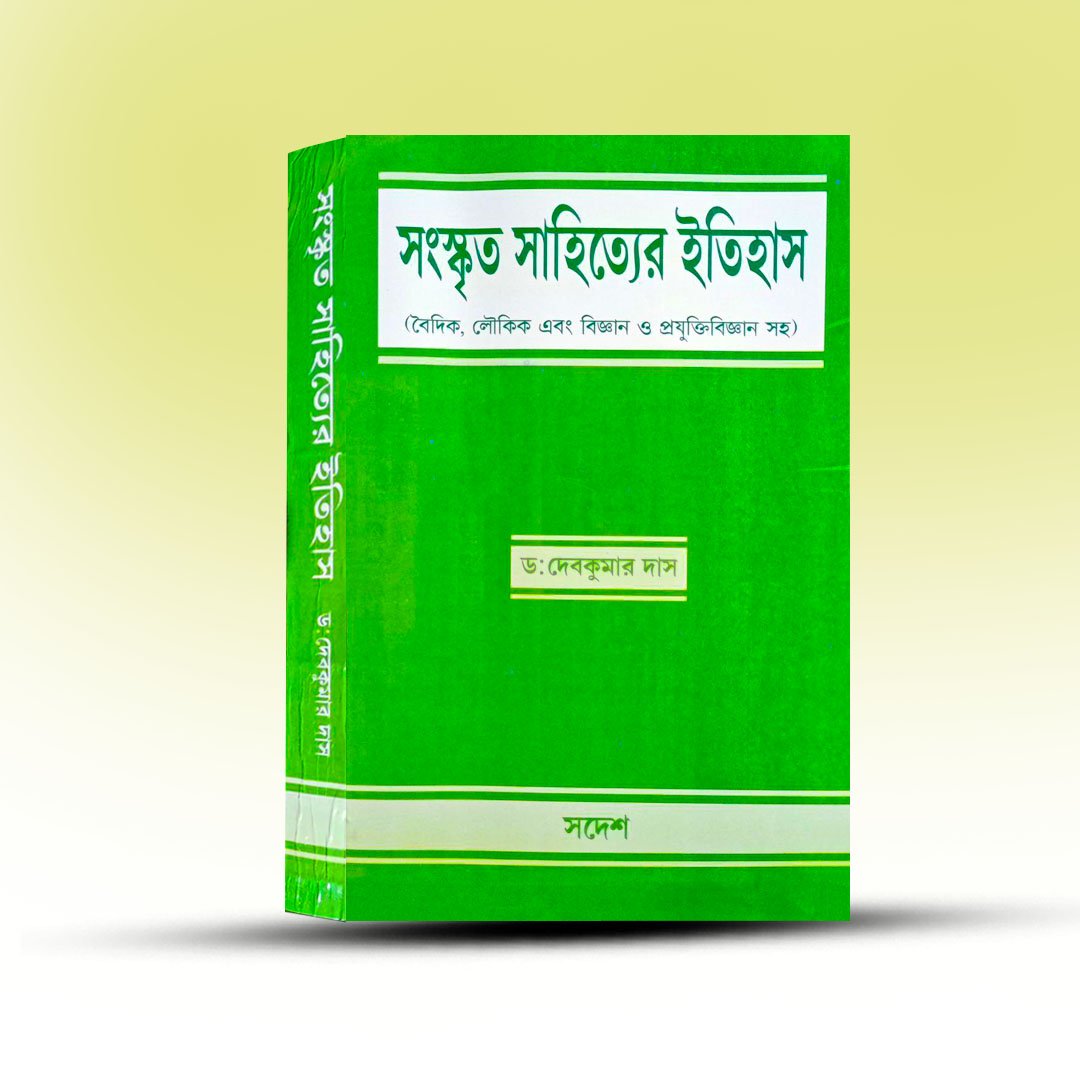
![Sanskrit Grammar - Laghu Siddhanta Koumudi [Bipad Bhanjan Pal].jpg](https://boibipani.in/public/product/Sanskrit Grammar - Laghu Siddhanta Koumudi [Bipad Bhanjan Pal].jpg)
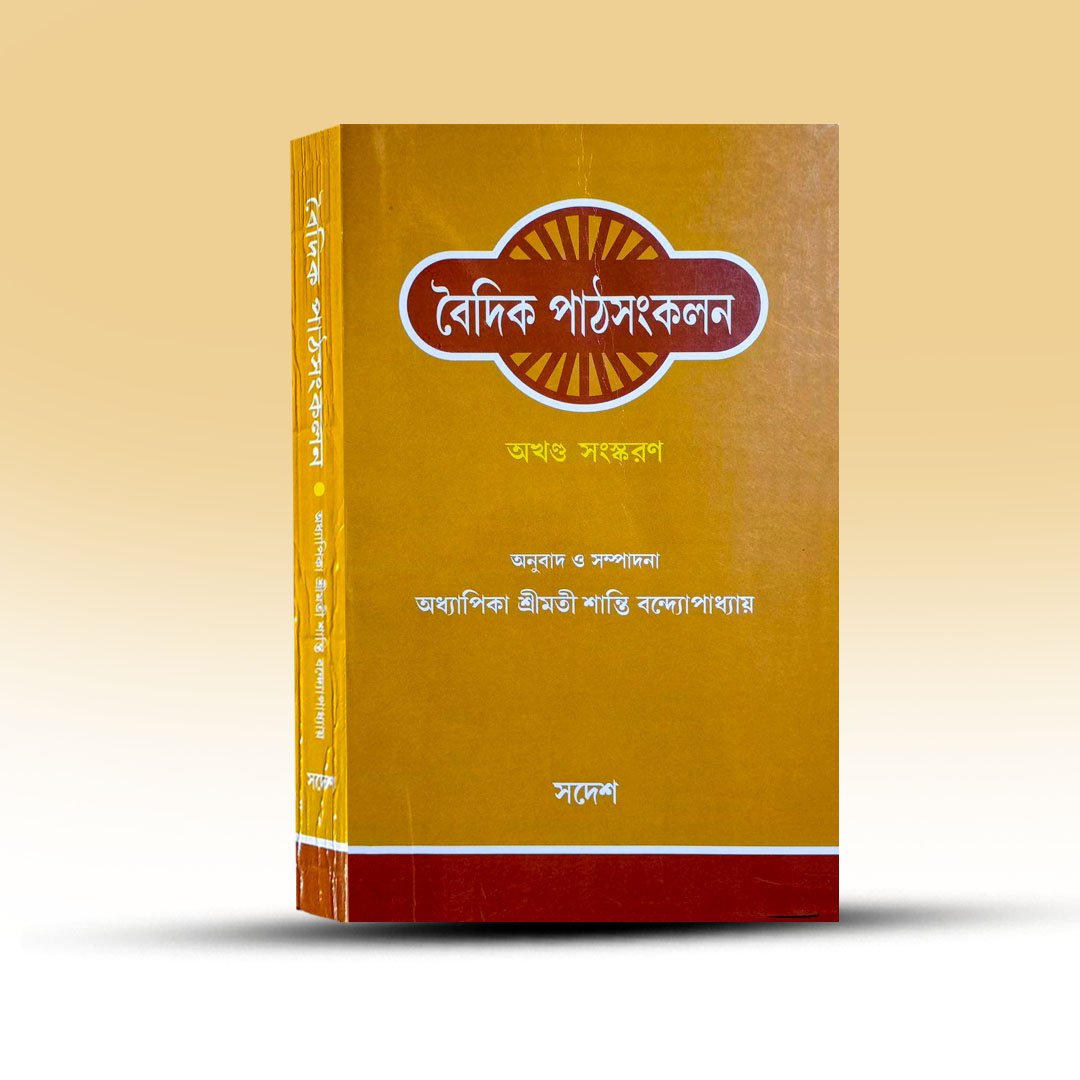
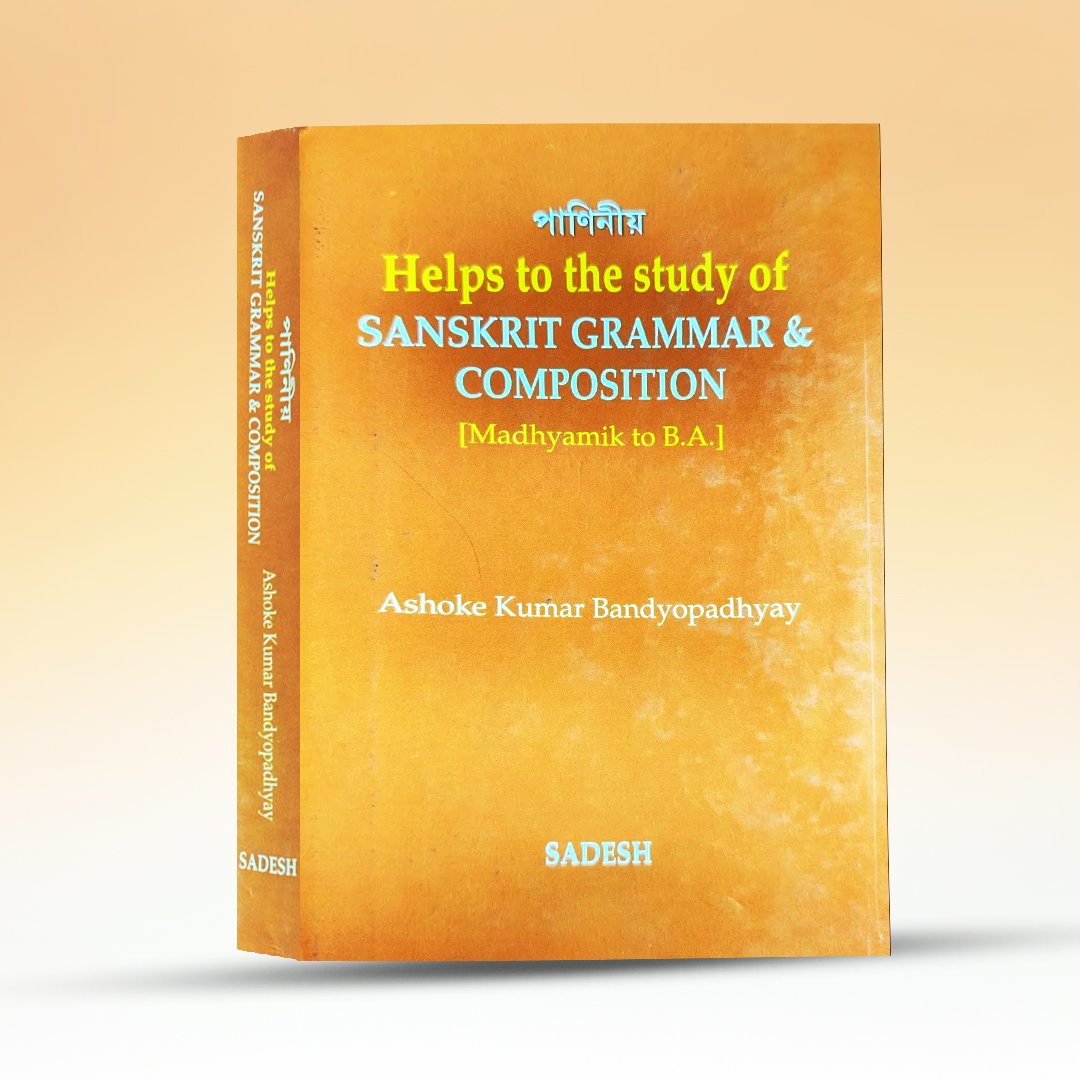
![Sanskrit Book - Nitisatakam [Swadesh].jpg](https://boibipani.in/public/product/Sanskrit Book - Nitisatakam [Swadesh].jpg)
![Sanskrit Philosophy Book - Sayan Madhabiyo Sarba Darshan Sangraha [Sadesh].jpg](https://boibipani.in/public/product/Sanskrit Philosophy Book - Sayan Madhabiyo Sarba Darshan Sangraha [Sadesh].jpg)
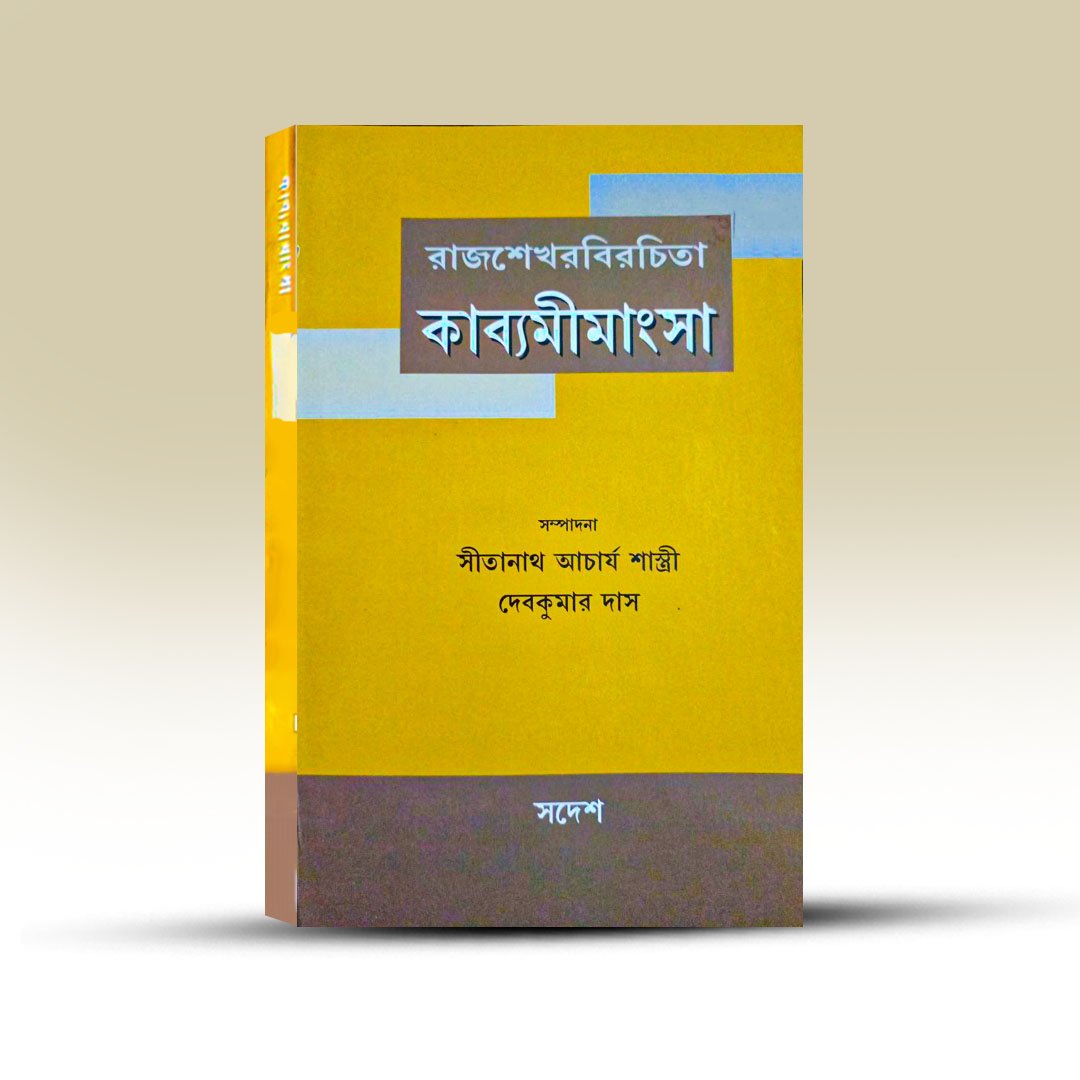
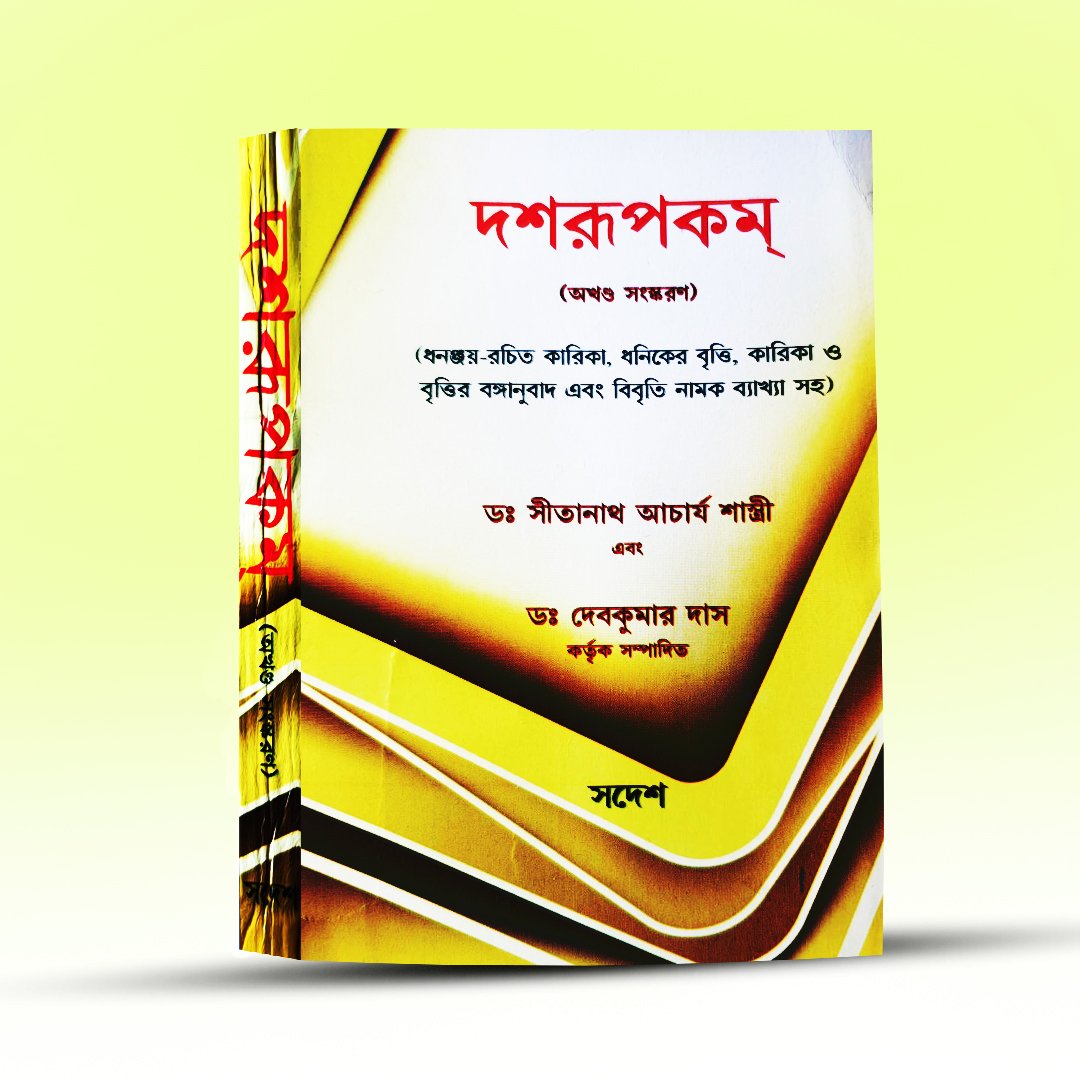
![Sanskrit Grammar Book - Siddhanta Kaumudi Ajanta Punglinga Prakaran [Swadesh].jpg](https://boibipani.in/public/product/Sanskrit Grammar Book - Siddhanta Kaumudi Ajanta Punglinga Prakaran [Swadesh].jpg)
![Sanskrit Sahitya Shastra Book - Kabya Prakash Pratham Ullas [Swadesh].jpg](https://boibipani.in/public/product/Sanskrit Sahitya Shastra Book - Kabya Prakash Pratham Ullas [Swadesh].jpg)
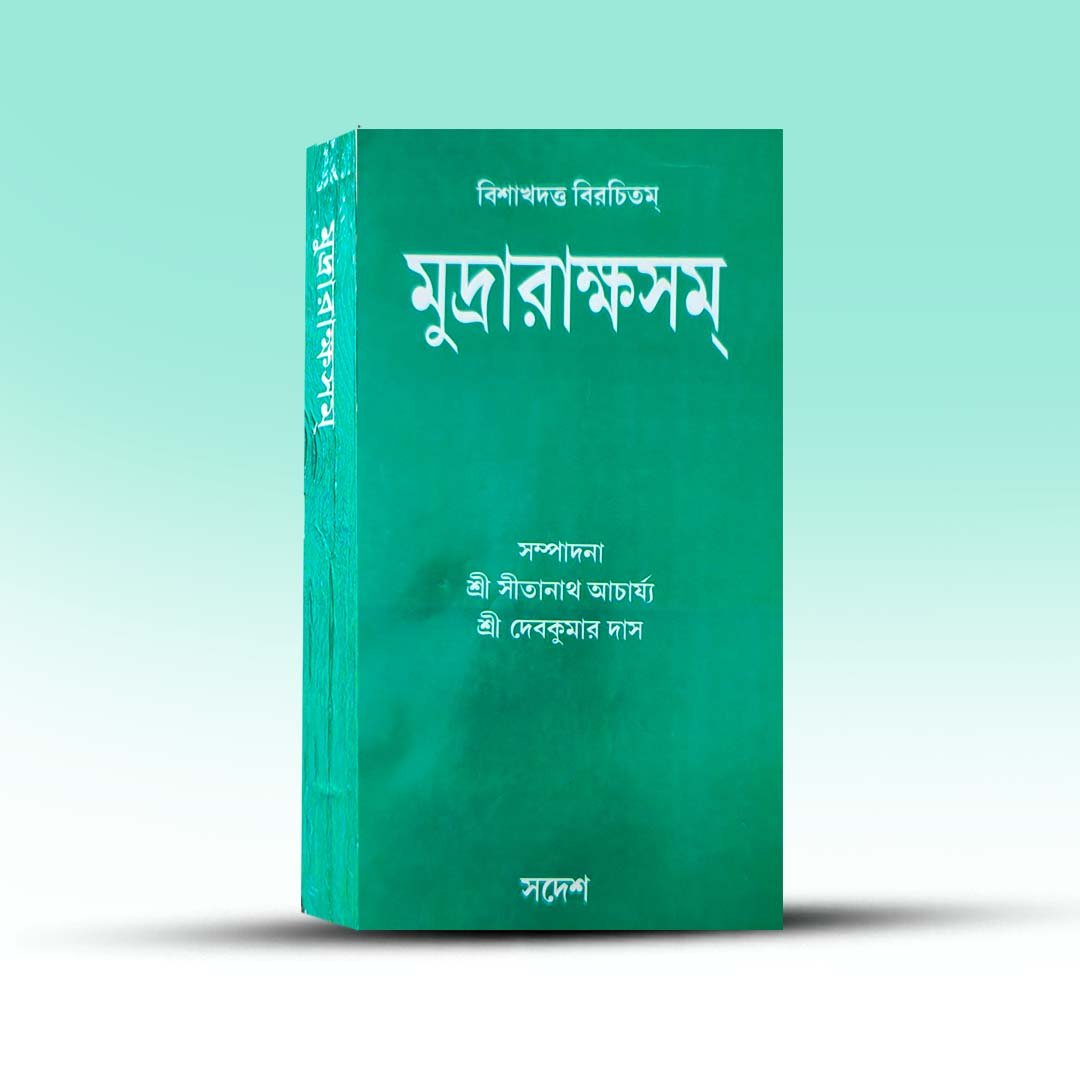
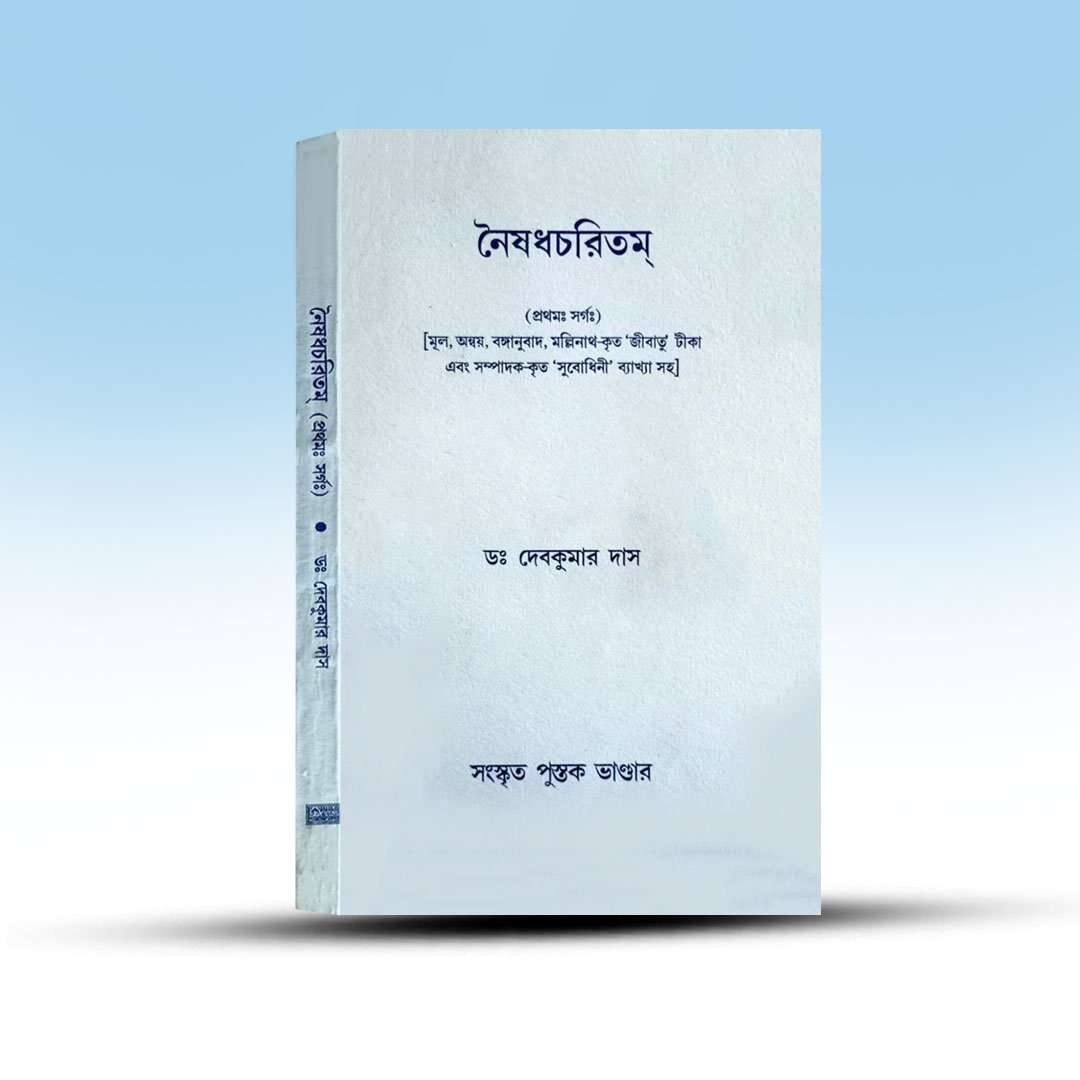
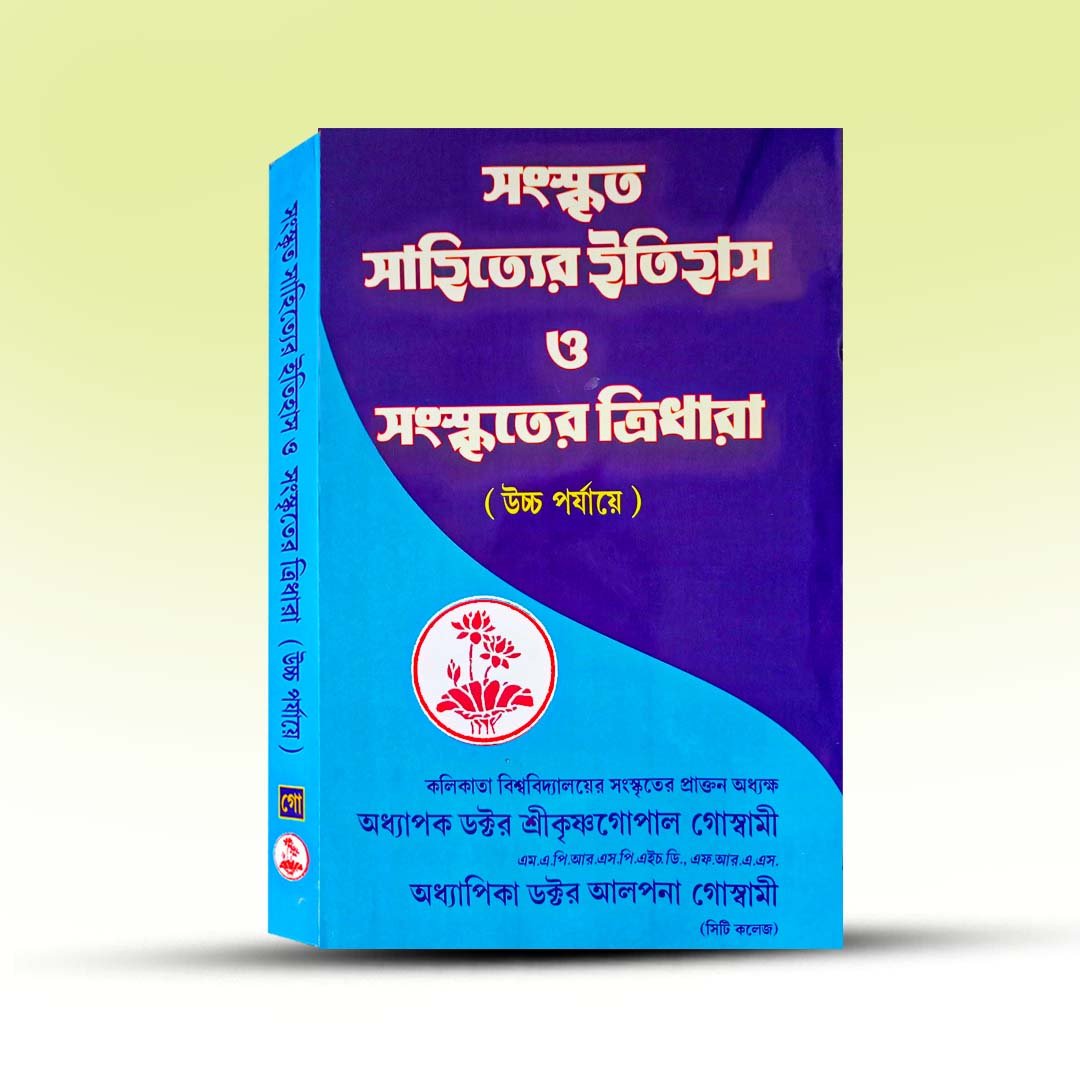


![Sanskrit Sahitya Shastra Book - Sahitya Darpan [Sanskrit Pustak Bhandar].jpg](https://boibipani.in/public/product/Sanskrit Sahitya Shastra Book - Sahitya Darpan [Sanskrit Pustak Bhandar].jpg)
![Sanskrit Sahitya Book - Abhigyanam Shakuntalam [Sanskrit Pustak Bhandar].jpg](https://boibipani.in/public/product/Sanskrit Sahitya Book - Abhigyanam Shakuntalam [Sanskrit Pustak Bhandar].jpg)
![Sanskrit Upanishad - Mahanarayan Upanishad [Dr Rakhesh Das].jpg](https://boibipani.in/public/product/Sanskrit Upanishad - Mahanarayan Upanishad [Dr Rakhesh Das].jpg)
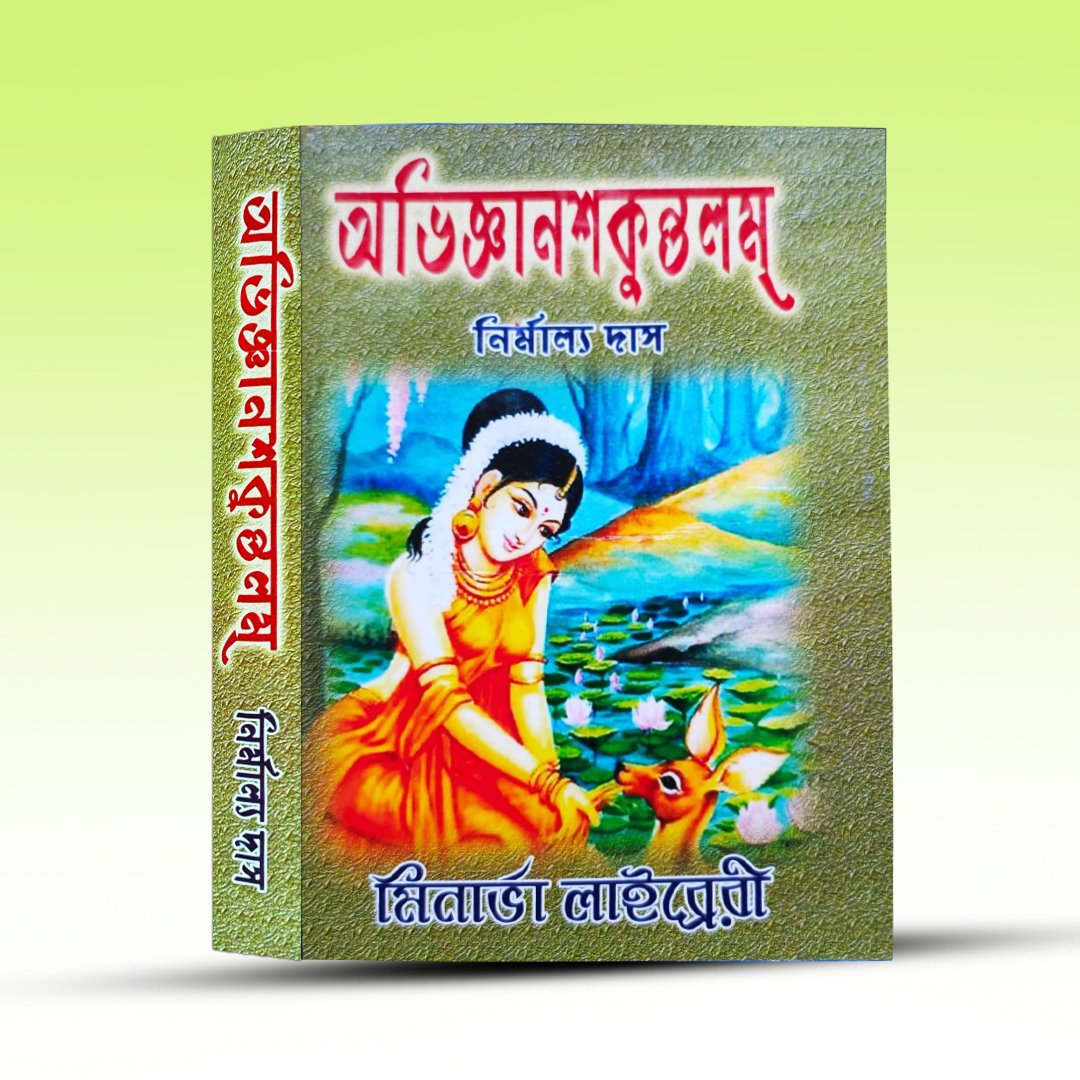
![Sanskrit Grammar - Sanskrita Byakaroner Upokramika O Anubadchandrika - [Sunil Kumar Jana].jpg](https://boibipani.in/public/product/Sanskrit Grammar - Sanskrita Byakaroner Upokramika O Anubadchandrika - [Sunil Kumar Jana].jpg)
